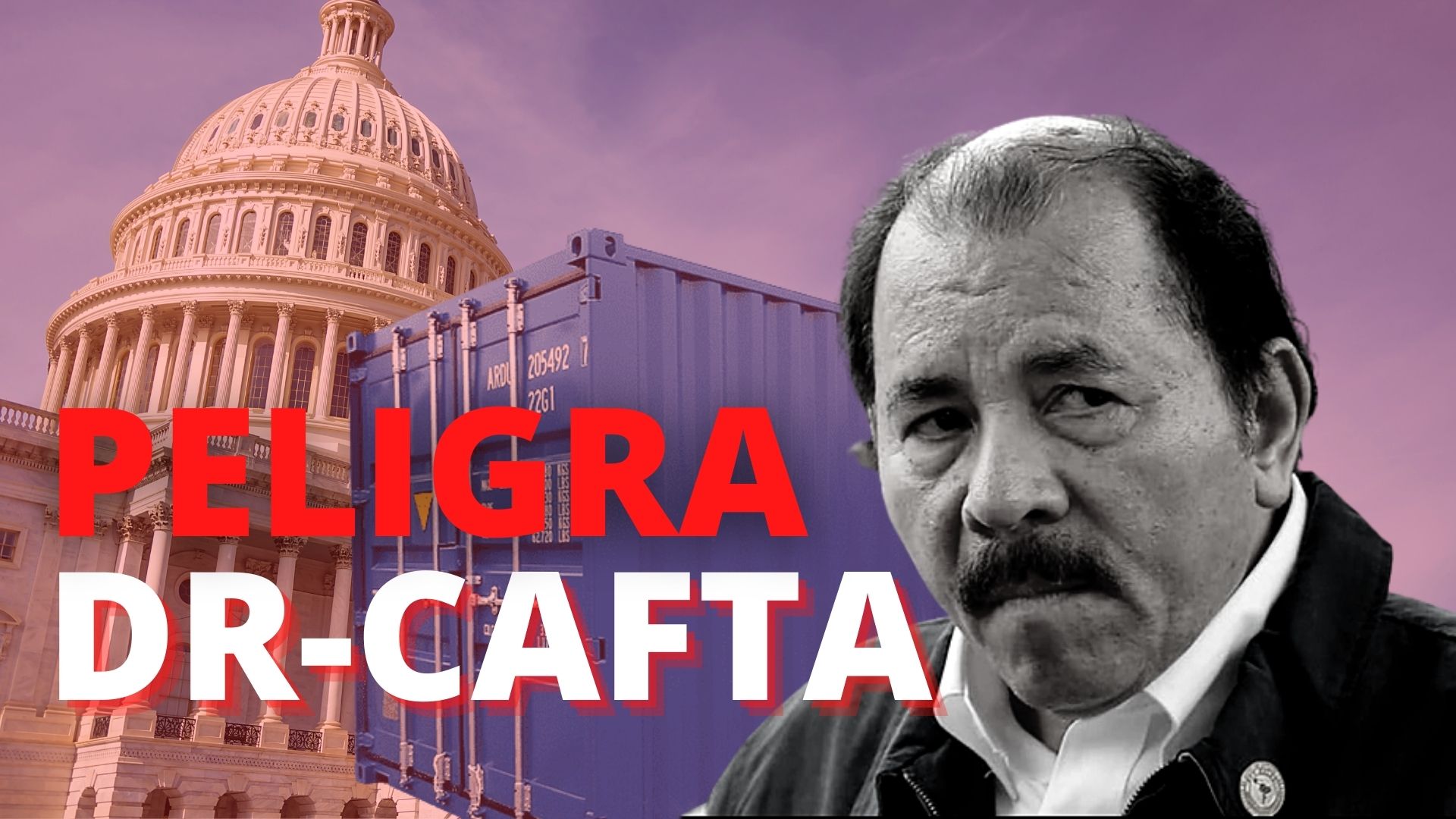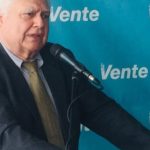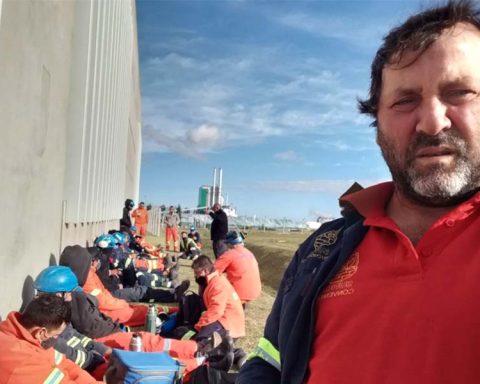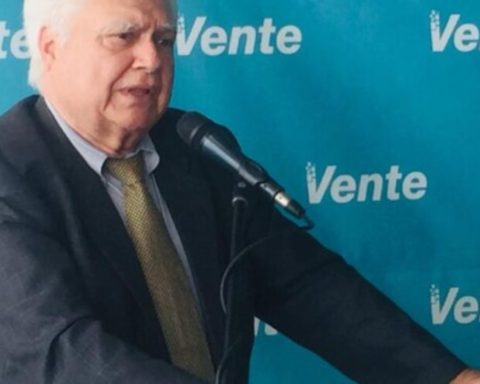The Undersecretary of State for Western Hemisphere Affairs of the United States, Brian Nichols, criticized that Daniel Ortega “self-excludes” Nicaragua from the trade agreement that his country maintains with Central America and the Dominican Republic (known as DR CAFTA, for its acronym in English).
The Biden administration official points out that the regime’s actions of violating human rights, democracy and the rule of law will affect investors’ decisions about where to put their money.
“Nicaragua is, in practice, excluding itself from the agreement, by not respecting the principles of democracy, human rights and the rule of law that investors find crucial when deciding where to do their economic activities,” Nichols said at an Inter-American Dialogue event.
The United States is Nicaragua’s main trading partner, it has a trade surplus with Washington of 2,139 million in 2020, which represents 17% of the Gross Domestic Product (GDP). “Nicaragua sells more than it buys from the US, creating jobs and economic growth for Nicaragua,” the diplomatic headquarters in Managua recently wrote on its Twitter account.
Support for Russia would affect Cafta
At the beginning of March, Senator Bob Menéndez, president of the Committee on Foreign Relations of the United States Senate, assured that his country will reconsider the Free Trade Agreement (DR CAFTA) that they maintain with countries such as Nicaragua, Venezuela and El Salvador after the alignment of these three countries with Russia and the military invasion of Ukraine.
Menéndez explained that they will not only review trade agreements, but will also evaluate the general policy of the United States with the governments that have expressed their support for Russian President Vladimir Putin. The Nicaraguan dictator, Daniel Ortega, has publicly shown his support for the Kremlin’s decisions.
Related news: The US will reconsider the trade agreement with Nicaragua for supporting Russia
“Those were treated not only based on a commercial nature, but also with reference to respect for specific values; those values obviously do not exist in Nicaragua. They are at great risk in El Salvador, so we are going to have to reconsider that and our policy in general towards these countries,” Menéndez said.
The elimination of CAFTA would affect exports, employment, economic activity, tax collection and contributions to the Nicaraguan Social Security Institute, independent economists explained. It would also imply a drop in exports from the textile sector, which are between 1,300 and 1,500 million dollars per year.
Experts have pointed out that the main consequence of Nicaragua’s exit from CAFTA is not to stop selling to the United States, but rather that companies will have a higher cost to export their products to the North American market.
The US will push for the return of democracy
Nichols also demanded the freedom of political prisoners. He assured that the United States will continue to press for Nicaragua to return to being a state where democracy reigns.
He stressed that his country, together with partners and international organizations, have promoted a series of resolutions in support of the Nicaraguan people and condemns the actions of the Ortega-Murillo dictatorship.
“By doing things like immediately releasing political prisoners, allowing open space for dialogue, they can go back into the international system and find a way for free, fair and transparent elections in that country. I hope that they take into account the request of the entire hemisphere », he said.
















